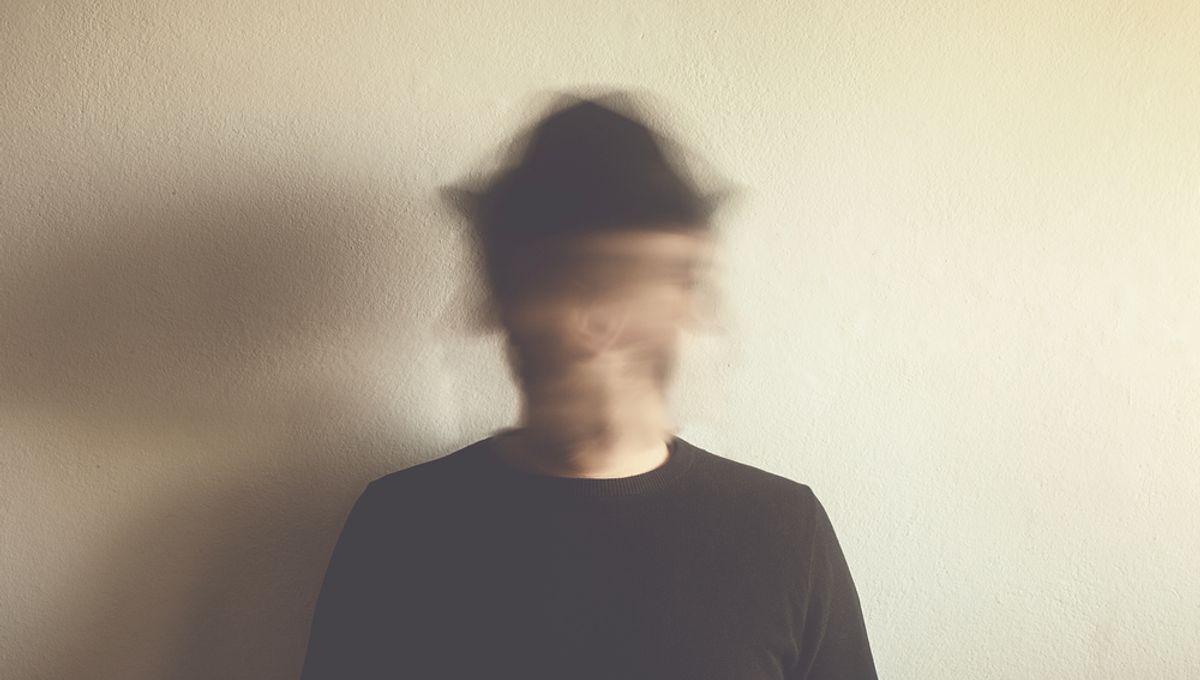
“Face blindness” could be the latest addition to the already long list of long COVID symptoms, new research has suggested. The study is very small and has its limitations, but it seems that for some people, COVID-19 infection may result in difficulty recognizing faces, as well as possibly navigational problems.
COVID has previously been linked to a multitude of neurological symptoms, such as “brain fog” and the loss of smell and taste. Now, for the first time, face blindness, or prosopagnosia, has been associated with COVID infection.
Researchers from Dartmouth College outline the case of Annie, a 28-year-old who was diagnosed with COVID in March 2020. Following a relapse of symptoms two months later, Annie reported experiencing difficulty recognizing faces, including those of her family, and issues with navigation.
Meeting her parents for the first time after having COVID, she walked right past them. When her father called out to her, “It was as if my dad’s voice came out of a stranger’s face,” she recounted in a statement. Annie now relies on voices in order to recognize people that she knows.
As well as face recognition, her navigational abilities are also much worse than before she became ill, which the authors say, is often seen following brain trauma.
“The combination of prosopagnosia and navigational deficits that Annie had is something that caught our attention because the two deficits often go hand in hand after somebody either has had brain damage or developmental deficits,” said senior author Brad Duchaine.
“That co-occurrence is probably due to the two abilities depending on neighboring brain regions in the temporal lobe.”
In a series of tests designed to establish the severity of her facial recognition issues, it became clear that Annie had particular difficulty recognizing familiar faces and learning the identities of unfamiliar ones.
For the first test, Annie was shown 60 images of celebrity faces and asked to name them, before being given a list of the celebrities to see if she did in fact know them. Annie correctly identified 29 percent of the 48 celebrities she was familiar with, compared to controls, who could identify almost 84 percent of familiar celebrities.
In another test, when told a celebrity’s name and presented with an image of them alongside an image of a doppelganger, Annie identified that correct face 69 percent of the time, compared to 87 percent in the control group.
Annie also struggled to learn and then recognize a previously unfamiliar face in a third test.
“Our results from the test with unfamiliar faces show that it wasn’t just that Annie couldn’t recall the name or biographical information of a famous person that she was familiar with, but she really has trouble learning new identities,” said lead author Marie-Luise Kieseler.
Annie’s test scores were normal for face detection, face identity perception, and object recognition, suggesting that her problems recognizing faces may be due to face memory deficits.
To see if prosopagnosia following COVID has been experienced by others, the team obtained self-reported data from 54 people who had long COVID symptoms for 12 weeks or more, and 32 people who had reported that they had fully recovered from the infection.
“One of the challenges that many respondents reported was a difficulty with visualizing family and friends, which is something that we often hear from prosopagnosics,” said Duchaine.
While the small sample size and self-reporting of symptoms do limit the findings, the study still highlights the need for future research into potential perceptual problems associated with COVID-19.
“As far as we know, nobody’s measured the sorts of high level, visual processing abilities that are affected by COVID-19 that we focused on here in this paper,” Duchaine concluded. “If it’s happening in the visual system, it’s likely that selective deficits due to problems in other brain areas are occurring in some people as well.”
The study is published in Cortex.
Source Link: “Face Blindness” Could Be Yet Another Unexpected Symptom Of COVID-19